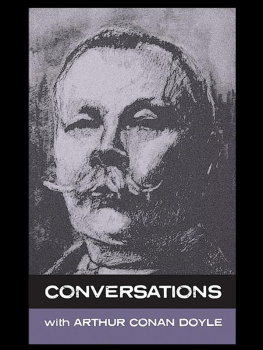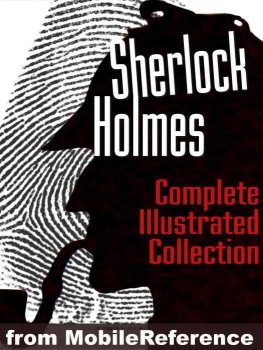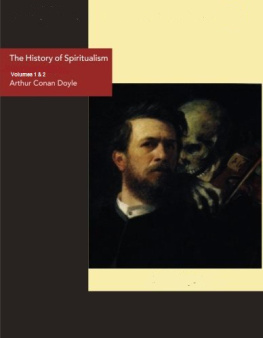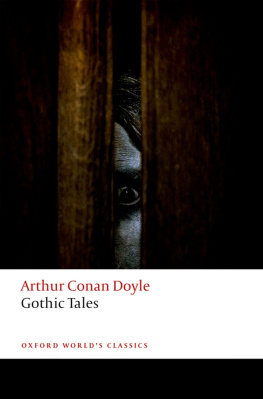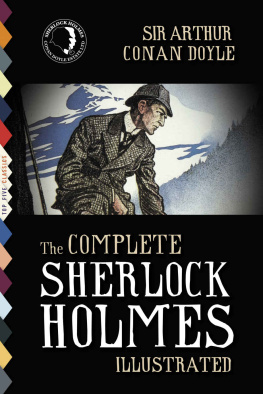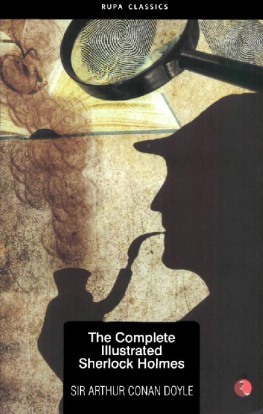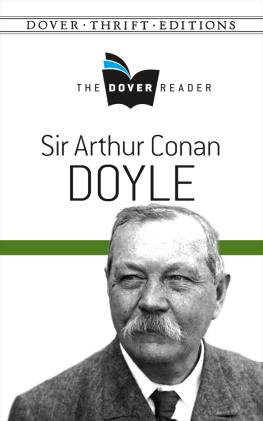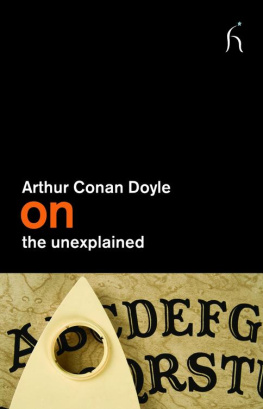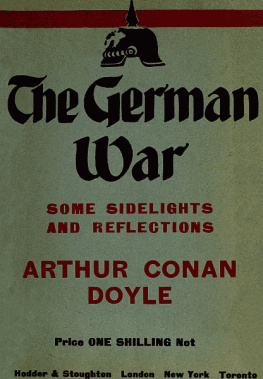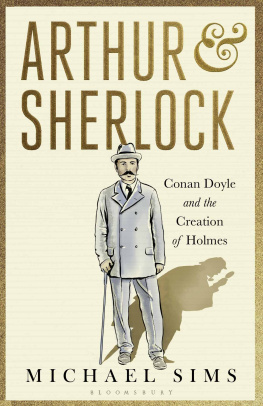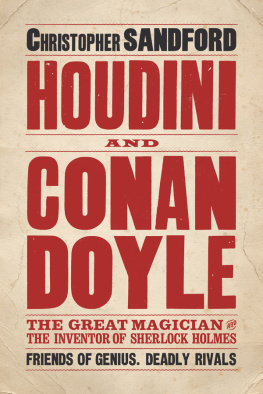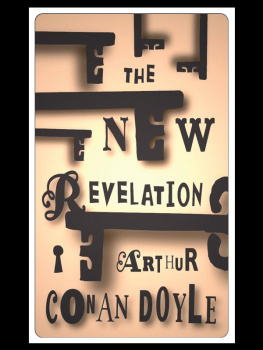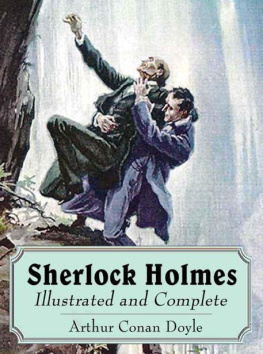Arthur Conan Doyle - Conversations with Arthur Conan Doyle: In His Own Words
Here you can read online Arthur Conan Doyle - Conversations with Arthur Conan Doyle: In His Own Words full text of the book (entire story) in english for free. Download pdf and epub, get meaning, cover and reviews about this ebook. year: 2010, publisher: White Crow Productions Ltd, genre: Detective and thriller. Description of the work, (preface) as well as reviews are available. Best literature library LitArk.com created for fans of good reading and offers a wide selection of genres:
Romance novel
Science fiction
Adventure
Detective
Science
History
Home and family
Prose
Art
Politics
Computer
Non-fiction
Religion
Business
Children
Humor
Choose a favorite category and find really read worthwhile books. Enjoy immersion in the world of imagination, feel the emotions of the characters or learn something new for yourself, make an fascinating discovery.
- Book:Conversations with Arthur Conan Doyle: In His Own Words
- Author:
- Publisher:White Crow Productions Ltd
- Genre:
- Year:2010
- Rating:3 / 5
- Favourites:Add to favourites
- Your mark:
Conversations with Arthur Conan Doyle: In His Own Words: summary, description and annotation
We offer to read an annotation, description, summary or preface (depends on what the author of the book "Conversations with Arthur Conan Doyle: In His Own Words" wrote himself). If you haven't found the necessary information about the book — write in the comments, we will try to find it.
Conversations with Conan Doyle is an imagined conversation with this remarkable figure. But while the conversation is imagined, Doyles words are not; they are all authentically his. For many, Conan Doyles commitment to spiritualism is an embarrassing aberration, says Simon Parke. They want him to go back and just be the creator of Sherlock Holmes. But people dont fit into boxes, and Doyle certainly doesnt! So I want people to meet the man, hear him speak and then make up their own minds. Hes often passionate; but never dull.
At the end of the 19th century, perhaps every man wanted to be Arthur Conan Doyle. He had written historical novels, short stories of horror and the supernatural; and displayed huge energy and talent in a variety of fields. He was a fine cricketer (he once took the wicket of the great WC Grace); played football, rugby and golf. He had trained and practiced as a doctor; campaigned for underdogs, like the falsely accused George Edalji; he liked fast cars and the new and dangerous invention of the aeroplane; he had the idea of a channel tunnel; introduced skis to Switzerland; and knew both Harry Houdini and Oscar Wilde. He was an adventurer, a controversialist, war reporter and knight of the realm. But most famously of all, he had created Sherlock Holmes, the worlds most famous detective based on his former medical professor, Joseph Bell. All in all, Doyle was a Boys Own dream.
Yet for Sir Arthur Conan Doyle, all such achievements paled into significance when set against his commitment to spiritualism. Although interested in the subject for many years, he publicly converted to the cause around time of the First World War much to many peoples amazement: Sir Arthur Conan Doyle has many striking characteristics, wrote Ruth Brandon. He is gigantically tall and strong. He is a gifted story-teller. He is a man of strong opinions and considerable political influence. But perhaps the most extraordinary thing about him is the combination of all the attributes of worldly success with an almost child-like literalness and credulity of mind, manifested particularly in relation to spiritualism and its surrounding phenomena.
Conversations with Conan Doyle is an imagined conversation with this remarkable figure. But while the conversation is imagined, Doyles words are not; they are all authentically his. For many, Conan Doyles commitment to spiritualism is an embarrassing aberration, says Simon Parke. They want him to go back and just be the creator of Sherlock Holmes. But people dont fit into boxes, and Doyle certainly doesnt! So I want people to meet the man, hear him speak and then make up their own minds. Hes often passionate; but never dull.
Arthur Conan Doyle: author's other books
Who wrote Conversations with Arthur Conan Doyle: In His Own Words? Find out the surname, the name of the author of the book and a list of all author's works by series.

